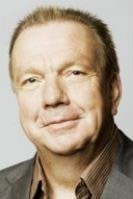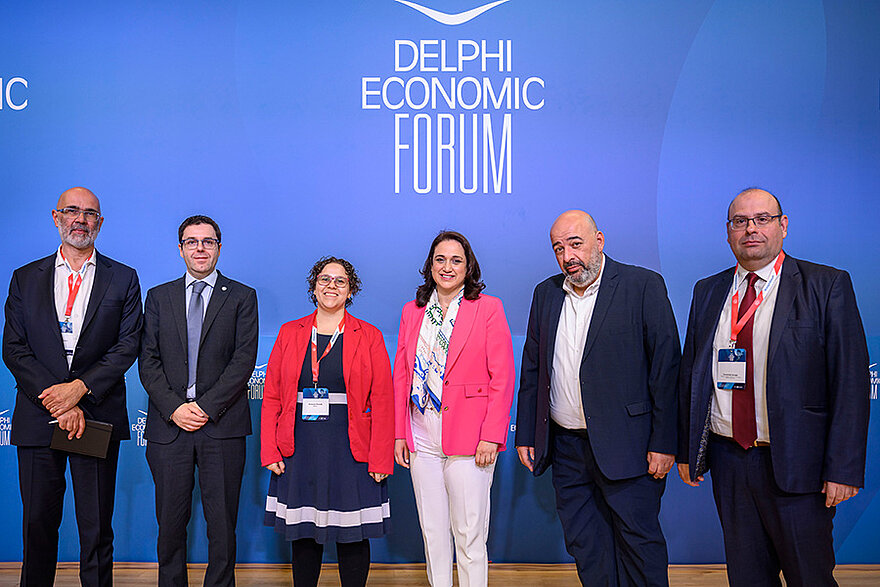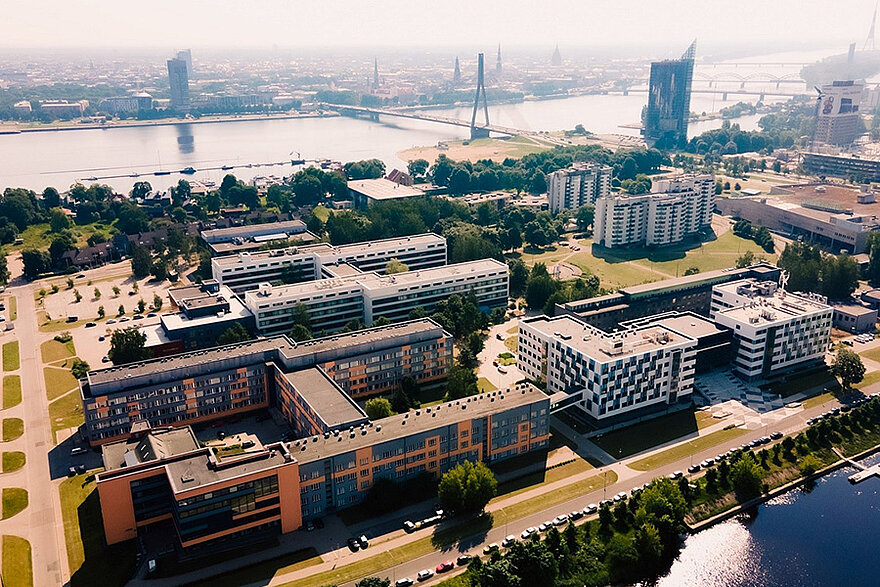Anders Flodström, starting today on November 15, first of all a warm welcome to EIT ICT Labs. You have a long experience from education, research and innovation – tell us a bit about yourself?
Anders Flodström: I have degrees in engineering physics and in teaching. Serendipity made me a PhD candidate and a PhD in surface and thin film physics. I started my professional career as a researcher at Xerox PARC, in Palo Alto, USA. Until 1990 I was a researcher, in t-shirts, jeans and clogs.
I worked as professor; in Sweden, Germany and US, with 40 PhDs supervised and graduated, 300 journal and review articles and high h-index. 1985, I become full professor at KTH. I have been the Director of the Swedish Research Council for Engineering Sciences, President at Linköping University (LiU) and President of KTH. 2007 I became University Chancellor for all Swedish universities. 2008 I became a GB member and vice chair of EIT. I am a member of the Swedish Academy for the Engineering Sciences (IVA) and an honorary doctor at Riga Technical University at Aalto university honorary doctor and honorary professor in Dalian University of Technology and Zhejiang University in China. Nowadays, I have more grey suits, white shirts and black shoes than jeans.
You’re also a member of the advisory board of Karlsruhe Technical Institute (KIT) and a former Chairman of CLUSTER and Baltech (a network of technical universities around the Baltic Sea) – how do you think this will contribute to your job as Education Director?
I have as researcher always celebrated the gains in quality and excellence created by global competition, not counting the personal or collective benefit from working and socializing elsewhere. I think that seeing other people’s way of doing things accelerates the level of learning and creativity. It is also definitely a way to promote openness and democracy. Scientific freedom to work together is also an important freedom.
You worked as a guest researcher at HASYLAB/DESY in Hamburg, Germany as well as in National Bureau of Standards (NBS) in Gaithersburg, USA. What did you learn during this time?
First, working in US learns you that it is a culture where it is important to be first but not always right the first time you comment something. In Sweden we often only ask things when we know the answer, not to become embarrassed. In US, you look upon failure as a part of a learning process. This creates creativity. In Germany at DESY/HASYlab I Iearned that we Europeans really are competitive when we decide to work together in multinational teams and that we are very good at building large facilities infrastructure. For example see also CERN and ITER!
Describe your new role as at the Education Director EIT ICT Labs?
We have a lot of good people working with the EIT ICT Labs’ educational activities. We have created a very good infrastructure through the master and doctoral schools. So I will not be a pioneer, rather a facilitator to build a brand and recognition for EIT ICT Labs’ educational programmes. A dream is of course the EIT ICT Labs will be recognized equal with “MIT ICT Labs”. But perhaps most important the educational landscape is changing dramatically. Competencies and skills are becoming as important as knowledge itself, simply because we cannot scale the knowledge society simply by more knowledge. We must create new ways to create and work with knowledge and ICT is the most important generic tool for this. MOOC (Massive Open Online Courses) will change the playing field and become a new infrastructure that will multiply outreach. I see myself as an initiator, problem solver and project leader for parts of this development.
What should be the focus of EIT ICT Labs with regards to “education” in the next few years?
We will be instrumental in creating a new knowledge society not scaling up an old one.
Related to “ICT education”, what are the opportunities and strength of EIT ICT Labs?
Diversity of people through stakeholder integration between society, industry and academia. Close collaboration with students and labor market is easier for us than for many others.
What are the challenges?
We have within education a large responsibility due to the character of ICT. We should be everyone’s farmhand as well as create the new possibilities or short, we are central to the industrial revolution we live in. This must reflect itself in our educational activities.
What is your favorite thing to do in your spare time?
In everything I do I am a nerd and right now a reading nerd and a gardening nerd. This time of the year I am fighting the leaves around the trees at my house, far out in farmland on the Swedish countryside.
What makes you laugh?
Life is too short no to laugh and we all work much better together if we share a laugh now and then. Personally I am fascinated by cartoons, the mix that a picture says more than thousands word with the power of a well formulated one-liner.
I’m really happy to welcome Anders Flodström to the Management Committee of EIT ICT Labs. His experience will ensure that we can further develop and broaden our Education Programs. At the same time I like to thank Hannu Tenhunen for all his efforts developing the EIT ICT Labs Master and Doctoral School, says Willem Jonker CEO EIT ICT Labs.







